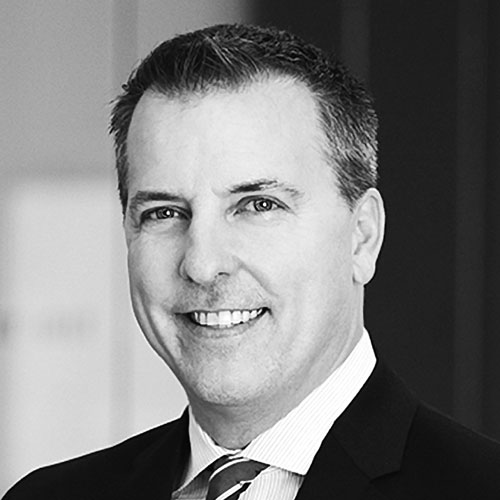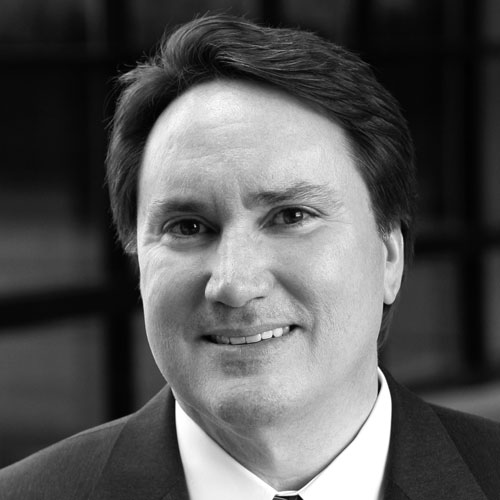I’m not doing the same thing I was doing five years ago or ten years ago; I don’t see myself doing the same things in the future. When I’m in meetings, I’m not afraid to question something or look like I don’t know something. That’s one of the things I look for in other people. If you are using a certain term, and it’s obvious you don’t know what it means, don’t wait and have a conversation afterwards. Ask the question right then and there.
“Masters of our craft” is our company philosophy, so that really resonates with me. Early on in my career, I was developing expertise, but that only gets you so far. Now, it’s about being able to understand different aspects of how the financial fits in with the other parts of this business. Our business, as an insurance company, is very complex. Our products are a lot more complicated than they were ten or fifteen years ago. That’s important to know in understanding how it all fits together.
Self-awareness is key.
Knowing that what makes me tick is different than what makes others tick, and recognizing one is not better than another, has been incredibly helpful for me. Making use of the Myers-Briggs personality profile was probably an “Aha moment” in my career. Obviously it’s not perfect but when building your team, you need people with different strengths so that you complement each other.
Technology is very different now than it was thirty years ago when I joined the business. Sometimes it’s difficult dealing with that fact, but you’ve got to embrace change. We all go up or down with that, but you’ve got to balance the way you’ve always done it by taking a shot at trying something a little different.
remember to involve others.
Bringing different disciplines in a room together is necessary to solve a problem or get work done. That discipline can be in regard to expertise, your professional designation, or your personality. This is a tough one for me; my tendency is to think that I can do it all myself. But I think I’ve finally learned that I need to rely on other people, and we need to work together to get there. I’m honest with my team about those tendencies; they know who I am. And they’re allowed to tell me if I’m going into their territory!
read between the numbers.
From a financial side, I see a boatload of numbers every day that I have to get through. But then I need to try and tell the story, because it’s more about what the numbers mean and what action you can take from them. It’s taking those numbers and translating them, and then using them to drive the business.
The numbers are black and white, but the story behind them is definitely gray! And that’s one of the biggest challenges I see when people are just getting started here. They see everything as black and white. But then, as you get that experience, you learn there’s more to it than science.
Teach.
Teaching opportunities tend to be on the fly, when I’m working with my team, but that’s one of the things I really like doing, working with newer people on staff. When I look around and see people who have been with the company fifteen years now being successful, they were people I had a lead in mentoring along the way. That makes me feel good! If other people have been successful, then I’m more successful.
Be stewards of the company.
Penn Mutual has been around for 167 years. Through ups and downs, in terms of what’s going on externally, I think our job is to make sure the company is around in the future. When you first hear that word, steward, you might say, “That’s backward thinking; that’s not taking any risks.” But to remain relevant for the next hundred years, you probably need to be doing things a little differently than you have in the past, and that’s all part of that stewardship.

